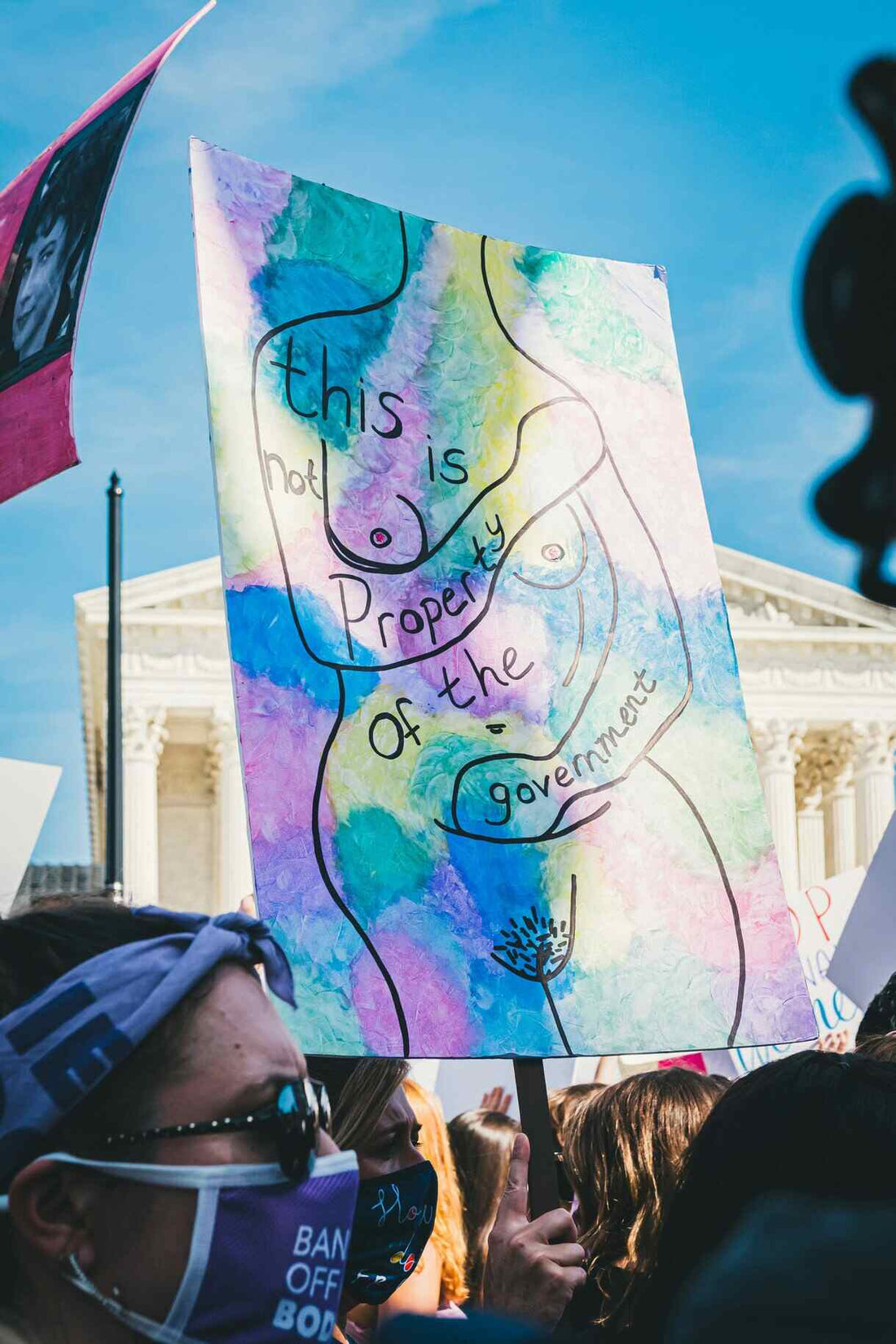
Tomorrow’s 2024 U.S. Election: What’s at Stake for Abortion Rights and Women's Health
Share
With the 2024 U.S. presidential election just a day away, abortion rights are a central issue as voters decide the country’s next leader. Since the Supreme Court's reversal of Roe v. Wade, access to abortion has become a focal point in many states, leading to significant restrictions that have affected millions. As Americans head to the polls, the candidates' positions on reproductive healthcare could determine the future of abortion access and women’s health across the U.S.
A Changed Landscape for Abortion Rights
Since Roe v. Wade was overturned, 21 states have introduced severe restrictions or bans on abortion. These limitations have brought new challenges for women seeking reproductive healthcare, especially in states with near-total bans. Advocates for abortion rights argue that these restrictions not only limit women’s health choices but also risk lives in cases where medical intervention is necessary.
Donald Trump’s Stance on Abortion Rights in 2024
Republican candidate Donald Trump has long emphasized his role in the Supreme Court’s decision, having appointed three justices who voted to overturn Roe v. Wade. While he once supported a national 15-week abortion ban, Trump’s campaign now suggests he will leave the issue to states. However, he has not committed to either signing or vetoing a federal abortion ban if it were to pass Congress. This uncertainty has prompted reproductive rights advocates to caution that Trump could still enact further restrictions on abortion access if reelected.
Kamala Harris’s Promise to Reinstate Abortion Protections
Vice President Kamala Harris, the Democratic candidate, has committed to restoring federal abortion protections similar to those under Roe v. Wade, ensuring safe and legal access across the country. Harris has received support from major advocacy groups, such as Planned Parenthood, positioning her as a strong advocate for women’s health and reproductive rights.
Potential Impacts of the Election on Women’s Health
A Trump victory could influence abortion access not only through legislation but also through his judicial appointments. Trump’s appointments make up nearly a third of active federal judges, creating a lasting legacy that may continue to affect abortion laws in the U.S. for years to come. Advocates for reproductive rights emphasize that these judicial appointments could restrict access to contraception and other aspects of women’s health even if no new federal legislation is passed.
Harris, if elected, would likely push for national protections on abortion, potentially improving access to reproductive healthcare in states where restrictions have tightened. These protections could offer significant relief to women in areas with limited access to abortion services.
Why the 2024 Election Matters for Abortion Rights
The outcome of tomorrow’s election will determine the future of abortion rights and women’s health in America. With the federal protections previously granted under Roe now gone, the stakes for reproductive healthcare access are higher than ever. Voters have the chance to choose between two distinct paths for the country: one that may restrict abortion access further and one that promises to restore and protect it.
Conclusion
With the 2024 U.S. election happening tomorrow, abortion rights and women’s health are key issues that could shape the nation’s future. As Americans make their voices heard at the polls, the choice they make will have lasting impacts on millions of women and the reproductive healthcare they can access. For many, this election represents a critical moment in the ongoing struggle for reproductive rights.
